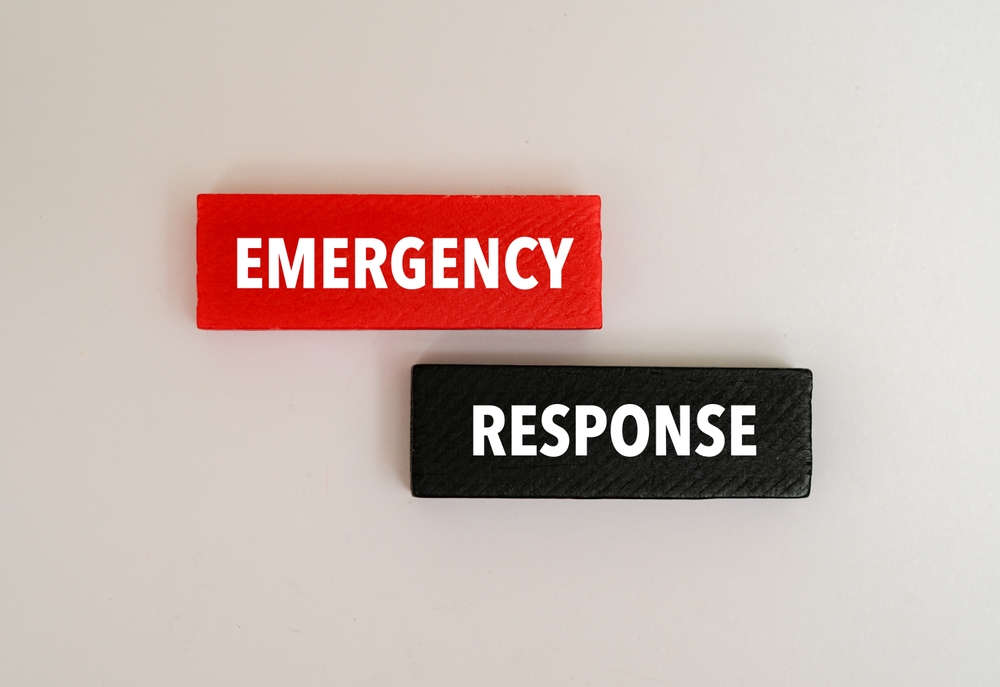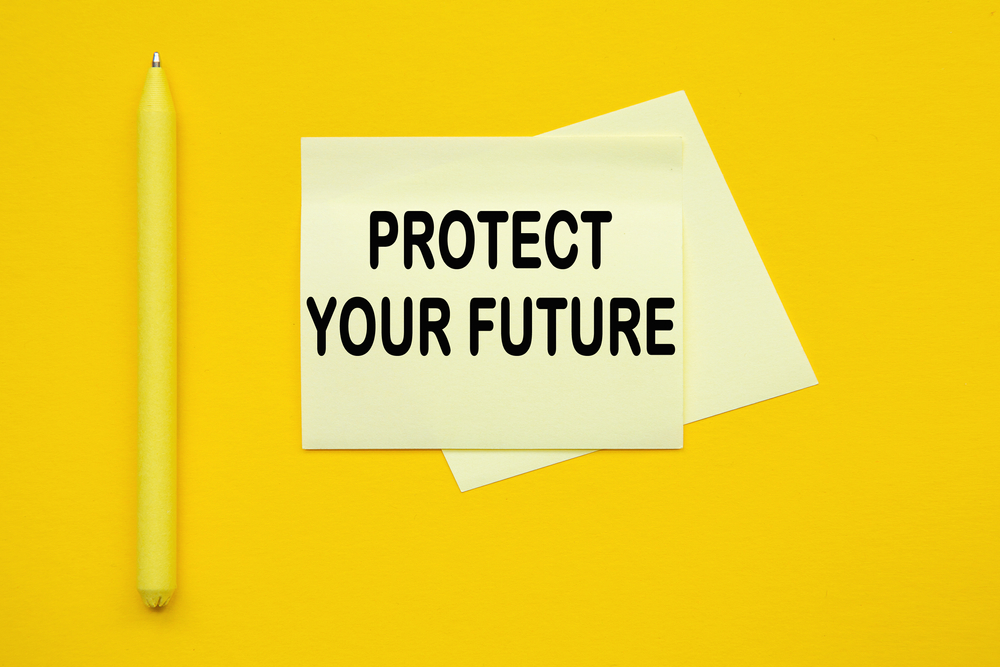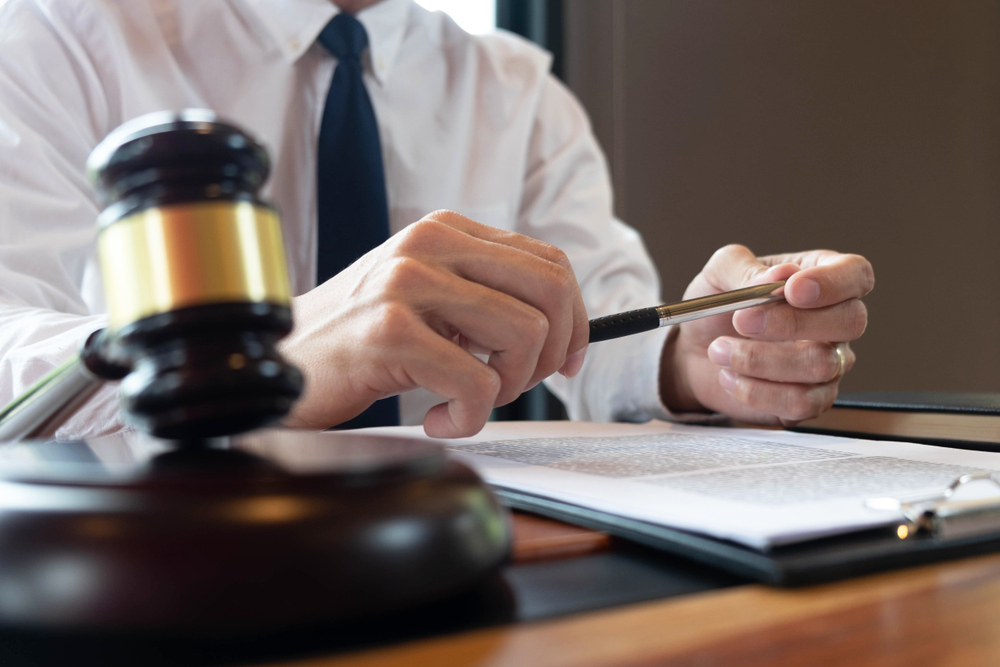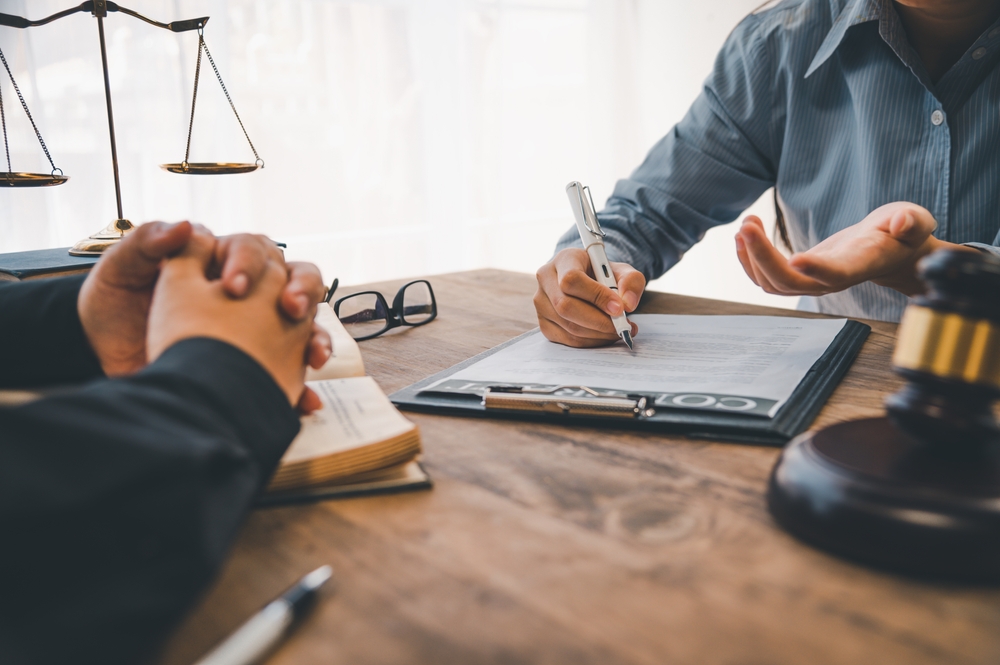Getting into a car crash throws your world upside down in seconds. Your heart pounds, your hands shake, and confusion clouds your thinking. During these overwhelming moments, you may not know whether to call 911.
In short: Yes, the law requires you to call 911 after most serious car accidents, especially if they cause any injuries or significant property damage. Emergency services protect both your immediate safety and your future legal rights.
Making the wrong choice by not calling 911 could cost you medically, financially, and legally down the road.
That's exactly why connecting with a car accident attorney becomes so important after any collision - they know how these split-second decisions affect your case months later.
Understanding Emergency Response Requirements

Most states mandate calling 911 when specific conditions exist at an accident scene. These requirements exist to protect everyone involved and create official documentation of what happened. Ignoring these legal duties can result in penalties and complicate your insurance claim later.
Sometimes, the adrenaline that the body releases when in shock or stress hides pain and other symptoms. That's why, even if someone seems fine after an accident, they need to see a doctor.
Property damage exceeding certain dollar amounts also requires police response in many locations. The threshold varies by state, but totaled vehicles or extensive damage typically meet these criteria. When multiple cars are involved, or debris blocks traffic, emergency services become necessary to manage the scene safely.
The presence of impaired drivers, aggressive behavior, or disputes between parties creates additional reasons to involve law enforcement. These situations can escalate quickly without official intervention. Police officers provide neutral documentation that becomes key evidence if legal action follows.
When 911 Becomes Essential
Visible injuries demand immediate medical attention, regardless of how minor they appear. Cuts, bruises, complaints of pain, or anyone losing consciousness require professional medical evaluation. Emergency responders possess training to identify serious conditions that untrained individuals might miss.
Vehicle fires, fuel leaks, or electrical hazards create dangerous situations requiring specialized emergency response. These conditions threaten everyone at the scene and nearby traffic. Fire departments and hazmat teams have the equipment to handle these emergencies safely.
Blocked roadways, especially on busy streets or highways, need police traffic control to prevent additional accidents. Secondary collisions often cause more severe injuries than the original crash. Emergency services coordinate safe traffic flow around accident scenes.
Hit-and-run situations absolutely require police involvement to begin investigations immediately. The sooner law enforcement starts gathering evidence and witness statements, the better chances exist for identifying the fleeing driver. This documentation becomes vital for your car accident lawyer when pursuing compensation.
Medical Emergencies Take Priority
Head injuries, even seemingly minor ones, require professional medical assessment. Concussions and traumatic brain injuries don't always show immediate symptoms but can cause serious long-term complications. Emergency medical technicians know what signs to look for during initial evaluations.
Back and neck pain following any collision needs medical attention. Whiplash and spinal injuries commonly occur even in low-speed accidents. These conditions worsen without proper treatment and can result in permanent disability if ignored.
Chest pain or difficulty breathing signals potential internal injuries requiring immediate hospital care. Broken ribs can puncture lungs, while internal bleeding threatens life without quick intervention. Emergency rooms have the equipment to diagnose and treat these conditions properly.
Anyone reporting numbness, tingling, or inability to move body parts needs an emergency medical evaluation. These symptoms suggest nerve damage or spinal cord injuries that require specialized treatment. Delaying care can lead to permanent impairment.
Legal Obligations and Documentation
Police reports create official records of what happened during your accident. These documents carry significant weight with insurance companies and in court proceedings. Without this official documentation, proving fault becomes much more difficult for your attorney.
Many insurance policies require immediate accident reporting to law enforcement when certain conditions exist. Failing to meet these requirements can result in claim denials or reduced settlements. Your car accident lawyer needs this documentation to build a strong case for compensation.
State laws often require reporting accidents involving injuries or significant property damage within specific timeframes. Missing these deadlines can result in criminal charges or civil penalties. Understanding your local requirements protects you from additional legal troubles.
Witness statements gathered by police officers provide neutral third-party accounts of what occurred. These statements become invaluable evidence when fault disputes arise. Insurance adjusters and opposing attorneys find it harder to challenge official police documentation.
Protecting Your Future Claim

Emergency response creates an official timeline of events that supports your injury claim. Medical records from the scene document your condition immediately after impact, preventing insurance companies from claiming pre-existing conditions caused your injuries.
Paramedic evaluations and hospital transport records establish the medical necessity for your treatment. This documentation helps your car accident attorney demonstrate the severity of your injuries and the need for ongoing care.
Police measurements and scene photographs provide evidence that recreates the accident accurately. Accident reconstruction experts use this information to determine fault and support your compensation claim. Without official documentation, proving what happened becomes nearly impossible.
Emergency responders often identify hazardous road conditions, vehicle defects, or other factors contributing to your accident. This information helps your lawyer identify all potentially responsible parties and maximize your recovery options.
Insurance Company Tactics
When someone is in an accident, they might file a claim with their insurance company. But sometimes, the insurance adjuster will question what happened. They might say the accident report isn't good enough or that some important details are missing. They use this to pay less money or even deny the claim. But if there's good documentation from emergency responders, it's harder for them to do this.
Insurance companies might also say that the injuries weren't serious if the person didn't go to the hospital right away. They might use this to offer less money or say the person didn't need medical treatment. But if there's a record from the emergency responders, it can show that the injuries were serious. This record can help prove that the person really was hurt.
Sometimes, insurance adjusters will say that the injuries didn't happen in the accident if the person failed to go to the hospital right away.
But if the paramedics checked the person at the scene and wrote down what happened, this argument wouldn't work as well. The lawyer can use these records to show that the injuries really did happen in the accident. This can help the person get a fair deal from the insurance company.
Building Your Legal Case

When people are in a car accident, their lawyers rely a lot on the official accident report to build their case. This report gives a neutral view of what happened and helps figure out who was at fault. It's harder for insurance companies to argue with a report written by a neutral party. The report can show exactly what happened and who made mistakes.
Medical records from the emergency room are also very important. They help connect the accident to the injuries, which is crucial because insurance companies might try to say that the injuries weren't from the accident.
They might say that the injuries were from something else that happened before. However, the medical records might show that the injuries happened because of the accident. This helps the person's lawyer make a stronger case.
When the police investigate an accident, they might find out that one of the drivers broke a traffic law. If the other driver gets a ticket, it's clear evidence that they were at fault. The person's lawyer can use this information to negotiate with the insurance company. The police report can also include witness statements and photos, which can help build a stronger case.
Having all the documentation from emergency responders creates a complete picture of what happened. This can help the person's lawyer anticipate what the insurance company might say and prepare strong arguments against it.
With all the records, the lawyer can show that the accident wasn't the person's fault and that they deserve compensation. The records can also help prove that the medical treatment was necessary and that the person's injuries are real.
When insurance companies try to deny claims, they might say that the injuries weren't serious or that they happened before. But with good documentation, the person's lawyer can fight back. They can show that the injuries were real and that they happened because of the accident.
This can help the person get the compensation they deserve.
Having a good lawyer and strong documentation can make a big difference in the outcome of the case.
Common Misconceptions About 911 Calls
Many people worry that calling 911 for seemingly minor accidents wastes emergency resources. However, trained dispatchers determine response priority based on your description. They decide what level of response is appropriate for your situation.
Some drivers fear that involving the police will automatically result in tickets or legal troubles. Police officers investigate accidents to determine fault and ensure everyone's safety. Their primary concern is accurate documentation, not assigning blame unnecessarily.
Others believe that private insurance companies can handle everything without official reports. While insurance companies investigate claims independently, they give much more weight to official police documentation than personal accounts.
People sometimes think that calling 911 escalates simple situations unnecessarily. In reality, emergency responders provide neutral third-party documentation that protects everyone involved legally and financially.
Technology and Modern Accident Response
Many newer vehicles automatically contact emergency services when airbags deploy, or severe impacts are detected. These systems don't replace your judgment but provide additional safety nets during emergencies when you might be unable to call for help.
Smartphone apps now allow you to share location data with emergency dispatchers automatically. This technology helps responders find you more quickly, especially in unfamiliar areas or when visibility is poor.
Dashboard cameras and phone cameras can document accident scenes, but they don't replace official police reports. Emergency responders provide professional accident reconstruction and neutral documentation that carries legal weight.
Long-term Consequences of Your Decision
Failing to call 911 when circumstances warrant emergency response can haunt you throughout your injury claim. Insurance companies and opposing attorneys will question why you didn't seek immediate help if your injuries were truly serious.
Medical professionals often give more credibility to injuries documented immediately after accidents. Delayed treatment raises questions about causation that your car accident lawyer must overcome during claim negotiations.
Official accident reports prevent "he said, she said" disputes that complicate legal proceedings. Without neutral documentation, proving fault becomes significantly more challenging and expensive.
Working with Your Attorney

An experienced car accident attorney understands how emergency response decisions impact your case outcome. They know which documentation proves most valuable during negotiations and court proceedings.
Your lawyer can explain how different types of emergency response documentation strengthen various aspects of your claim. They use police reports, medical records, and witness statements strategically to maximize your compensation.
Attorneys also help you understand reporting requirements specific to your location and situation. They ensure you meet all legal obligations while protecting your future claim rights.
Making the Right Choice
When in doubt about whether to call 911, it's safer to err on the side of caution. A temporary inconvenience from an unnecessary emergency response is far better than facing long-term consequences of poor documentation.
Your safety and legal rights deserve protection from the moment an accident occurs. Making informed decisions about emergency response sets the foundation for everything that follows.
Remember that you're dealing with trained professionals whose job involves helping accident victims every day. Your car accident attorney brings this same level of experience to protect your legal and financial interests.
Don't handle this complex process alone when professional help is available. Contact a personal injury lawyer who understands how emergency response decisions impact your claim and can guide you toward the compensation you deserve.